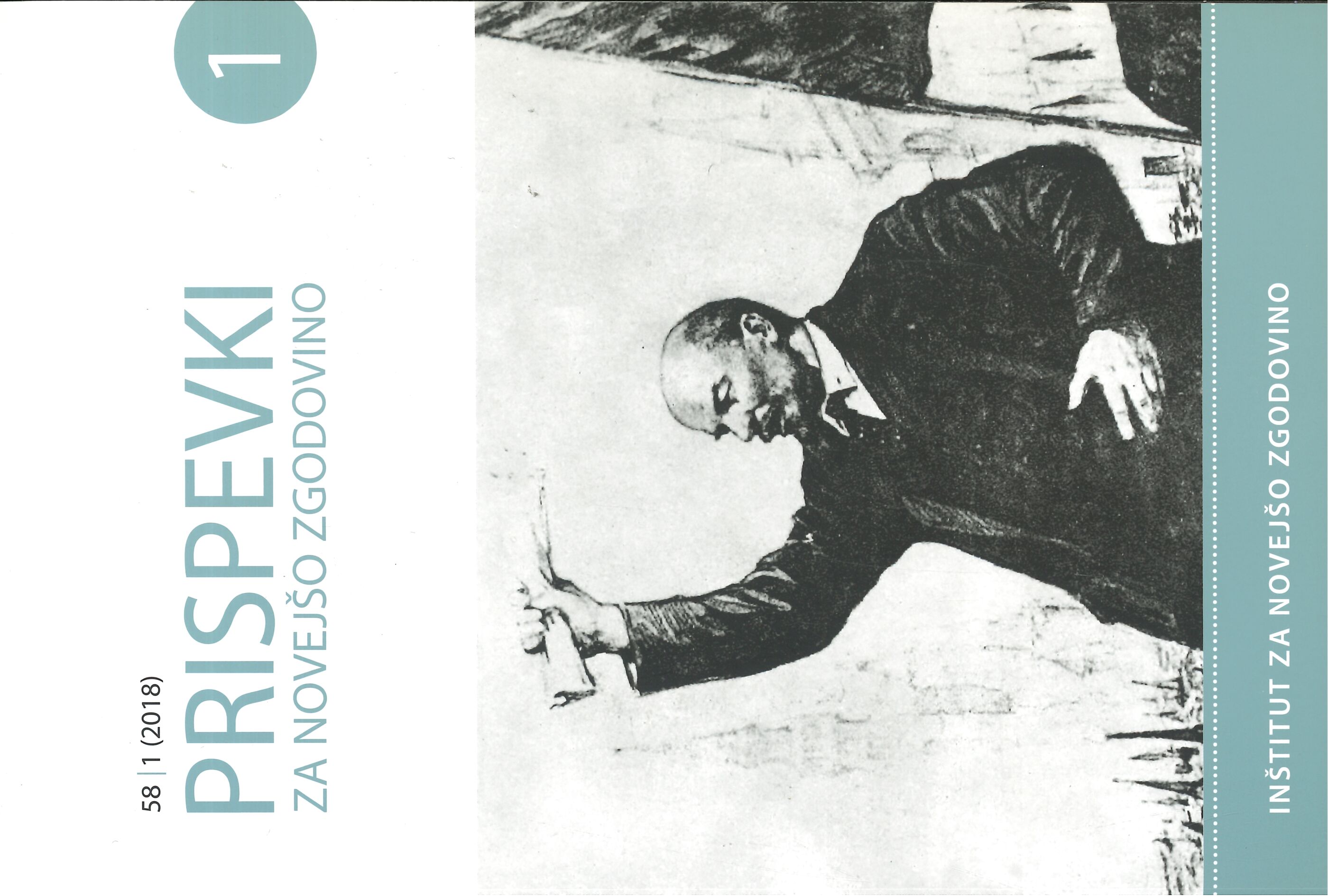"What does it have to do with us?" – Rethinking the Russian Revolution in Germany
DOI:
https://doi.org/10.51663/pnz.58.1.01Abstract
The author reviews exhibitions and recent publications in Germany which commemorate the centennial of the October Revolution 1917. After a full century of research there is little left of glory and heroism that had been present at the dawn of the »Great Socialist October Revolution«. A de-mystification has taken place which relocates the proclaimed »World Revolution« into the frame of Russian history. But this nationalization of the revolution tends to marginalize the global effects of the Red October, especially when the Bolshevik seizure of power is simply explained as a successful effort to transform anarchy into an organised regime of terror practised by a determined and self-sacrificing Avantgarde. While the totalitarian approach neglects the social origins of the Revolution, recent cultural studies emphasise contingent factors downrating revolutionary uprisings as an escalation of civil war in contaminated »landscapes of violence«. Leaving behind such entire explanations and grand designs, the second part of this paper wants to draw attention to the enduring structural changes which the Russian Revolution caused in post-war Europe. The author concentrates his arguments on three levels, beginning with the political institutions, secondly, the economic and social order, and thirdly, the demographic change.
Published
Issue
Section
License
Authors who publish with this journal agree to the following terms:
- Authors retain copyright and grant the journal right of first publication with the work simultaneously licensed under a Creative Commons Attribution License that allows others to share the work with an acknowledgement of the work's authorship and initial publication in this journal.
- Authors are able to enter into separate, additional contractual arrangements for the non-exclusive distribution of the journal's published version of the work (e.g., post it to an institutional repository or publish it in a book), with an acknowledgement of its initial publication in this journal.
- Authors are permitted and encouraged to post their work online (e.g., in institutional repositories or on their website) prior to and during the submission process, as it can lead to productive exchanges, as well as earlier and greater citation of published work (See The Effect of Open Access).


